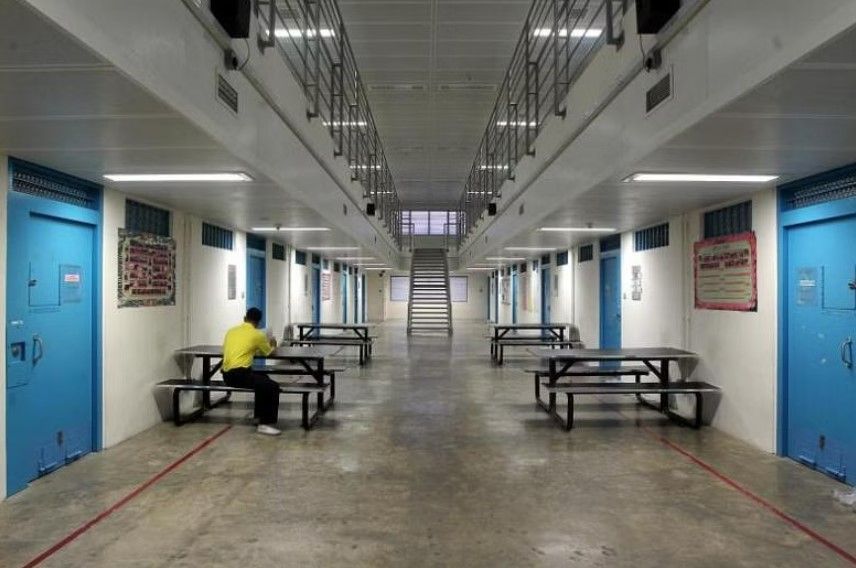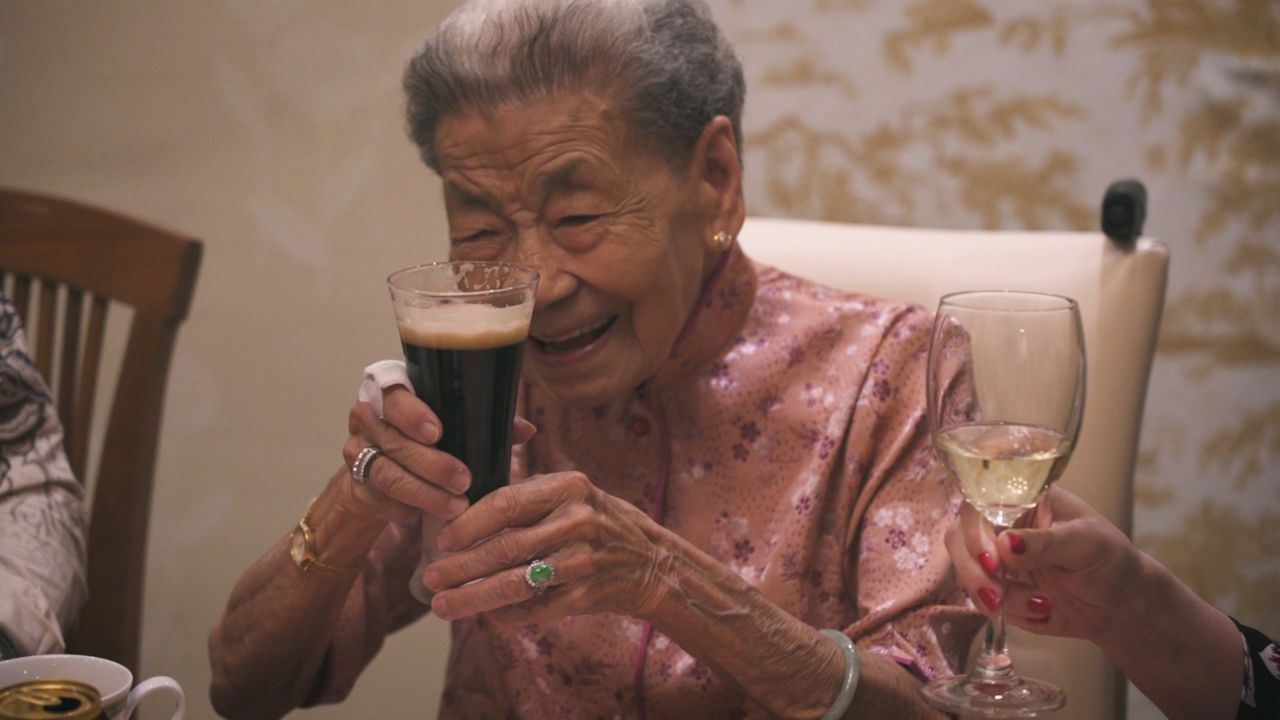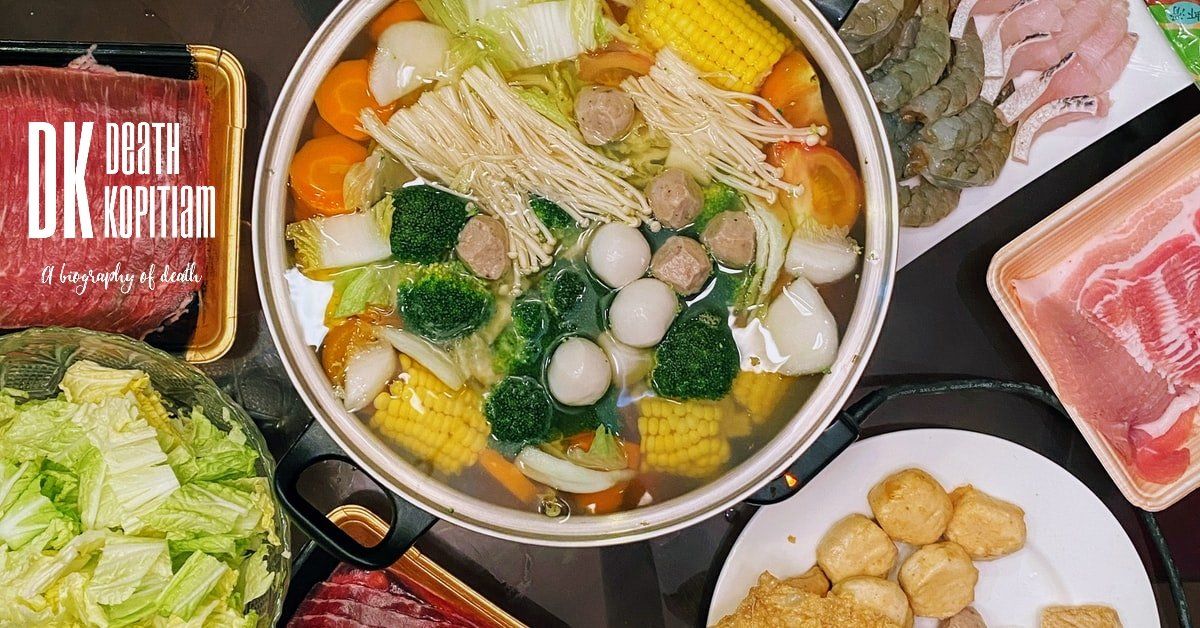[Living Wishes] Confronting dying, death and one's mortality

(From left) Ms Charlotte Chong, Ms Phyllis Lee, Ms Raelynn Tan and Ms Emily Gouw
In recent weeks, the team at Living Wishes shared recently with Death Kopitiam their views regarding their dying, death, their own mortalities, the values and relationships that underpin their campaign (we must say, despite their young age, their views were very thoughtful!)
What does dying and/or death means to you?
Charlotte: To me, death and dying means that our body has departed from this world, but the happy memories shared with our loved ones remain in their hearts. It is a time to mourn and grieve, but also a time to heal, find peace and show love to the people around us.
Phyllis: I’ve always wondered what would happen to me when I die. Will I wake up as another being in another dimension? Will my memories from this lifetime still be intact? I think dying and death, while hard on my loved ones, show the immense possibilities of our universe. It represents the end and a new beginning.
Raelynn: I feel that death is something that will impact the ones left behind more than it impacts the one passing on. A loved one’s death is something that can’t be easily forgotten, since the smallest things will remind you of them and their passing. To me, death often comes hand in hand with grieving, to continue to love and remember someone even when they’re no longer in this world.
Emily: For me, death and dying give greater meaning to life. Since our life will end eventually, we should live it to the fullest.
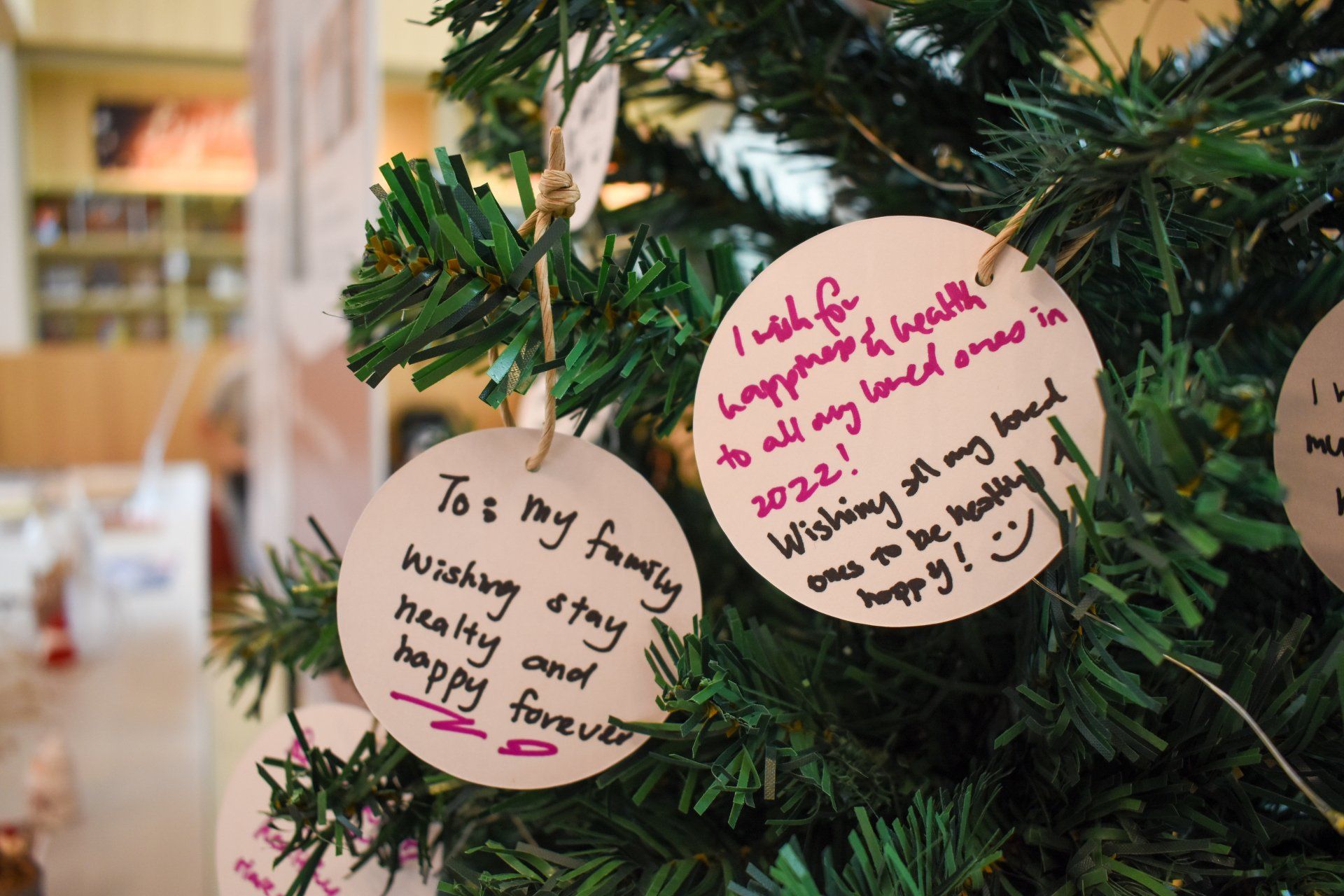
Can you share what are some of your last wishes?
Charlotte: My wish would be for the people who make my healthcare decisions to not feel guilty or burdened by any of the choices they make. If I am still young and have a low chance of recovery, I would like to try treatment options to prolong my life, if possible, as I believe that anything can happen, and being alive by itself means possibilities and opportunities. However, this might change when I am older.
Phyllis: My last wishes would be for my family and loved ones to stay happy and healthy. I would not want my family to feel burdened by my treatment and care options, so if I have a low chance of recovery, I will want to focus on my quality of life and spend my remaining days with my loved ones.
Raelynn: I hope to be as comfortable as possible in the last moments of my life. If full recovery is not possible, I wish to focus on comfort treatment instead of trying all possible medical treatments to keep me alive. Lastly, I want my family members to know that I’m in a better place and have led a happy life - and I hope for them to always be happy and healthy too.
Emily: At this moment, if there is a chance for full recovery, I would want to try all possible treatments. However, in the event there is a low chance of recovery, I would want to minimise the burden on my family members and focus on comfort care rather than aggressive treatment options. As I grow older, I believe my preferences will evolve with my stage of life.
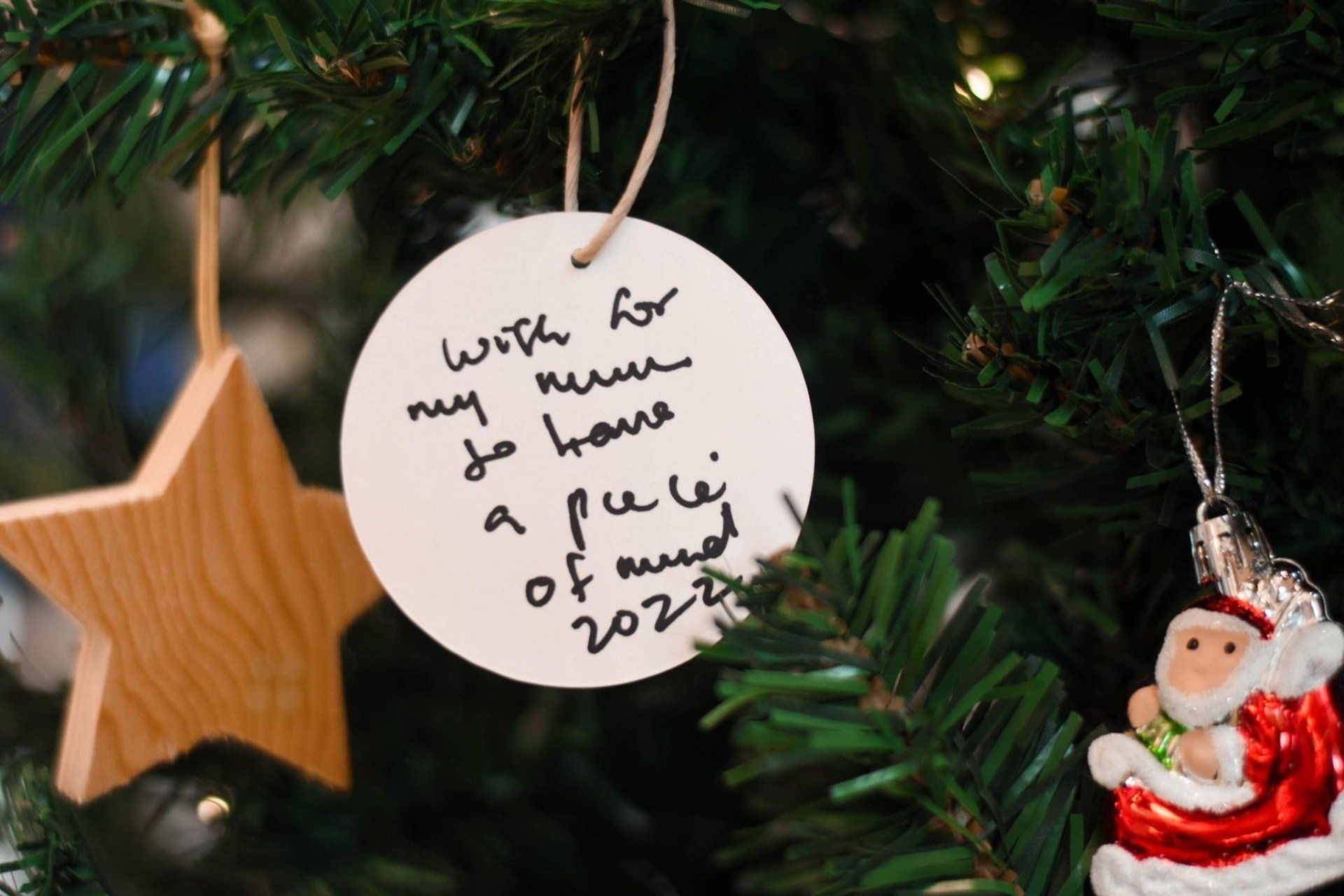
If you have only a week to live, what will you do?
Charlotte: I would hold parties and gatherings with my friends and family, splurge on our favourite food and take lots of cute photos together. I would also write letters to them.
Phyllis: For me, this would depend on which stage of my life I am at. But if I only had a week left to live right now, I'd take the time to meet up with my friends and spend more time with my family - since I haven't had much time to do so due to my school commitments recently. I would also complete my pre-planning matters before I leave, including my ACP, legacy planning, emotional will, funeral and post-death arrangements.
Raelynn: I would meet up with my friends and loved ones and buy everything that I’ve always wanted to get for them. If there’s time left, I would love to travel and see as much of the world as I can before passing on. I’ve always hoped that my funeral won’t be sad and gloomy, but rather a celebration of my life and everyone that has been in it- so I would want to remind my loved ones that I’ve led a happy life and want them to be happy too.
Emily: If I were to find out that I only had a week left to live now, I would spend as much time with the people I love, going for picnics and watching the sunset. If I am still physically able to, I would want to hike, cycle and/or skate with them too. Apart from that, I would take the time to put together a box of my favourite memories, messages for my loved ones and things I'd like to pass on as an emotional will for my loved ones.

How have your views on death and dying evolved since embarking on this campaign?
Charlotte: I see death as an emotional experience and an inevitable part of life. But I have learnt that there are also things within our control that we can do to possibly make the journey more manageable for us and our loved ones - such as pre-planning, having conversations about death, and treasuring precious moments with each other.
Phyllis: Previously, I associated death and dying with just the act of dying. But after conducting so much research on our topic, I realise that death is not a single, finite moment. Death encompasses the whole end-of-life process, including pre-planning and post-death arrangements. What death means to the deceased and their loved ones also vary - for their loved ones will likely carry the burden of bereavement long after the deceased has gone.
Raelynn: Death and dying has always seemed distant to me - perhaps because I’m still young and my parents are relatively young too. Before embarking on this campaign, I’ve never given serious thought to my own care preferences, let alone those of my loved ones. While it’s easy to keep postponing conversations about death, I’ve come to realise that we never know when death comes until it’s too late, leaving us with unspoken words and regret.
Emily: Embarking on Living Wishes has really opened my eyes to the many aspects involved in death and dying. It is not only about the legacy we leave and settling our remains but also thinking about what we value in living especially during end-of-life stages.
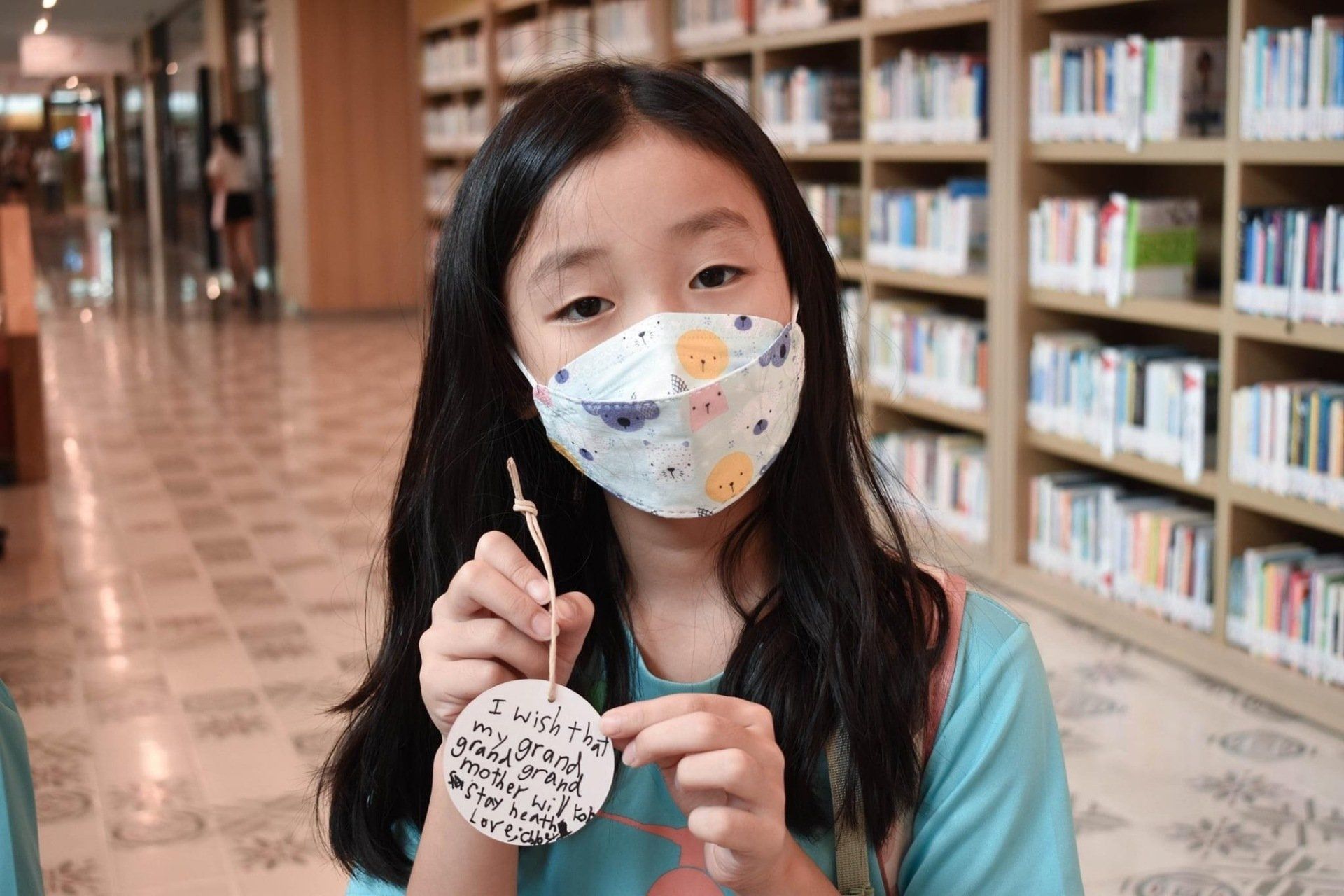
*****
